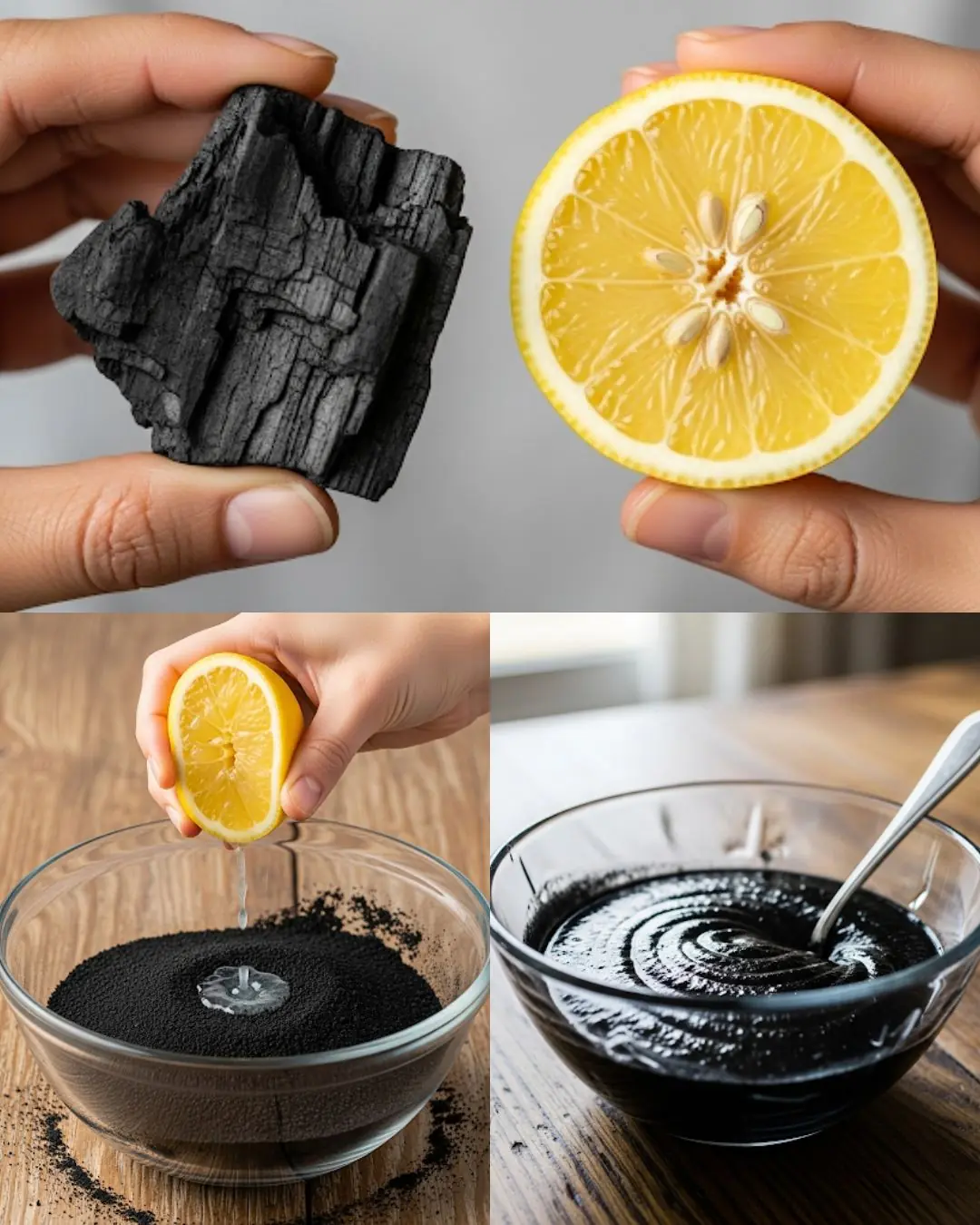
Clogged Water Pipes? This Simple Trick Solves It Easily Without Needing to Call a Plumber
Dealing with clogged water pipes can be a frustrating experience. Whether it’s a slow-draining sink, a shower that won’t drain properly, or a toilet that won’t flush, a blockage in your water pipes can disrupt daily routines and cause unnecessary stress. Most people’s first reaction is to call a plumber, thinking that it’s the only way to resolve the issue. However, there are simple and effective methods you can try before picking up the phone. In many cases, you may be able to clear the blockage yourself without spending money on a professional service.
In this article, we’ll explore an easy and effective trick for dealing with clogged water pipes. This method is simple, inexpensive, and can save you the time and cost of hiring a plumber. Let’s dive into how you can quickly and efficiently fix clogged pipes at home.
1. Why Do Water Pipes Get Clogged?
Before we get into the solution, it’s important to understand why pipes become clogged in the first place. There are several reasons why water pipes can get blocked:
-
Build-up of Grease and Oil: In kitchens, grease and cooking oils often go down the drain when washing dishes. Over time, these substances build up inside the pipes, causing blockages.
-
Hair and Soap Residue: In bathrooms, hair and soap scum accumulate in shower and sink drains. These materials combine to form thick clogs that restrict water flow.
-
Food Particles: In kitchen sinks, food scraps that are washed down the drain can lead to blockages, especially if the garbage disposal isn’t used properly.
-
Mineral Deposits: In areas with hard water, mineral deposits can build up over time inside pipes, gradually reducing water flow and causing blockages.
Understanding the cause of the blockage is important as it helps in choosing the best method to clear the pipes. Regardless of the cause, there are a few simple steps you can take to unclog your pipes quickly.
2. The Simple Trick: Using Baking Soda and Vinegar
One of the easiest and most effective ways to clear clogged pipes without calling a plumber is by using a combination of baking soda and vinegar. This household duo is not only natural and safe, but it’s also incredibly powerful in breaking down clogs caused by grease, soap, and other organic matter.
How Does It Work?
Baking soda is an alkaline substance that helps to break down greasy build-up, while vinegar is an acidic substance that reacts with baking soda to create a fizzing and bubbling action. This reaction helps to dislodge debris from the pipes and can help clear away minor blockages. Together, they work as a natural drain cleaner, without the use of harsh chemicals.
Here’s how you can use baking soda and vinegar to unclog your water pipes:
3. Step-by-Step Guide: Unclogging Pipes with Baking Soda and Vinegar
Materials Needed:
-
1/2 cup of baking soda
-
1/2 cup of vinegar
-
A kettle of hot water
-
A drain plug or cloth (optional)
Step 1: Boil Water
Start by boiling a kettle of hot water. Pour the hot water down the drain to help loosen any build-up or debris inside the pipes. This will help make the following steps more effective by softening the blockage.
Step 2: Pour Baking Soda Down the Drain
Next, pour 1/2 cup of baking soda directly into the clogged drain. Make sure the baking soda covers the opening of the pipe, and let it sit for about 5 minutes. The baking soda will begin to break down grease, soap, and food particles that might be causing the blockage.
Step 3: Add Vinegar
After the baking soda has had a few minutes to settle in, pour 1/2 cup of vinegar down the drain. You’ll hear a fizzing and bubbling sound as the vinegar reacts with the baking soda. This reaction is breaking apart the debris inside the pipes and helping to loosen the clog.
Step 4: Let the Mixture Sit
Cover the drain with a plug or cloth to keep the fizzing mixture inside the pipe. Let it sit for 10 to 15 minutes. During this time, the reaction will continue to break down the materials causing the blockage.
Step 5: Flush with Hot Water
After the waiting period, pour a kettle of hot water down the drain to flush out the loosened debris. This will help clear away the baking soda and vinegar mixture, along with the clog that has been dislodged.
4. Repeat If Necessary
If the clog hasn’t completely cleared, you can repeat the process. Some blockages may be stubborn, but with a second application of baking soda and vinegar, you should see results. If the clog persists after a couple of attempts, it might be more severe and require professional help.
5. Prevention: How to Keep Your Pipes Clear
While the baking soda and vinegar trick is effective in clearing minor clogs, prevention is always better than a cure. Here are some tips to prevent your pipes from becoming clogged in the future:
-
Avoid Pouring Grease Down the Drain: Always dispose of cooking oils and grease in the trash instead of pouring them down the sink. You can save used oil in a container and throw it away once it has cooled.
-
Use a Drain Cover: Installing drain covers in the sink and shower will help catch hair and food particles before they go down the drain, reducing the likelihood of clogs.
-
Rinse with Hot Water Regularly: Once a week, pour hot water down your drains to help clear any grease, soap, or food particles that might have built up. This is an easy and proactive way to keep your pipes clear.
-
Use Baking Soda as a Preventative Measure: Once a month, sprinkle a little baking soda into your drains followed by hot water. This will help prevent grease and soap build-up.
6. When to Call a Plumber
While DIY methods like baking soda and vinegar are effective for minor clogs, there are times when a professional plumber is needed. If you’ve tried the baking soda and vinegar method multiple times and the clog persists, or if you notice slow drainage in multiple sinks or toilets, it may be time to call a plumber. Clogs deeper in the pipes, or issues with the plumbing system, often require professional tools and expertise.
Conclusion
Clogged water pipes don’t have to be a cause for panic. With a simple trick using baking soda and vinegar, you can resolve minor blockages easily and without spending money on a plumber. This natural solution is safe, effective, and cost-efficient, making it a perfect option for maintaining your home’s plumbing. By following the preventative tips mentioned, you can avoid future clogs and keep your pipes running smoothly.
With these simple DIY tips, you can take control of minor plumbing issues and keep your home running efficiently, all while saving time and money. So the next time you face a clogged drain, try this easy method and see the results for yourself!
News in the same category

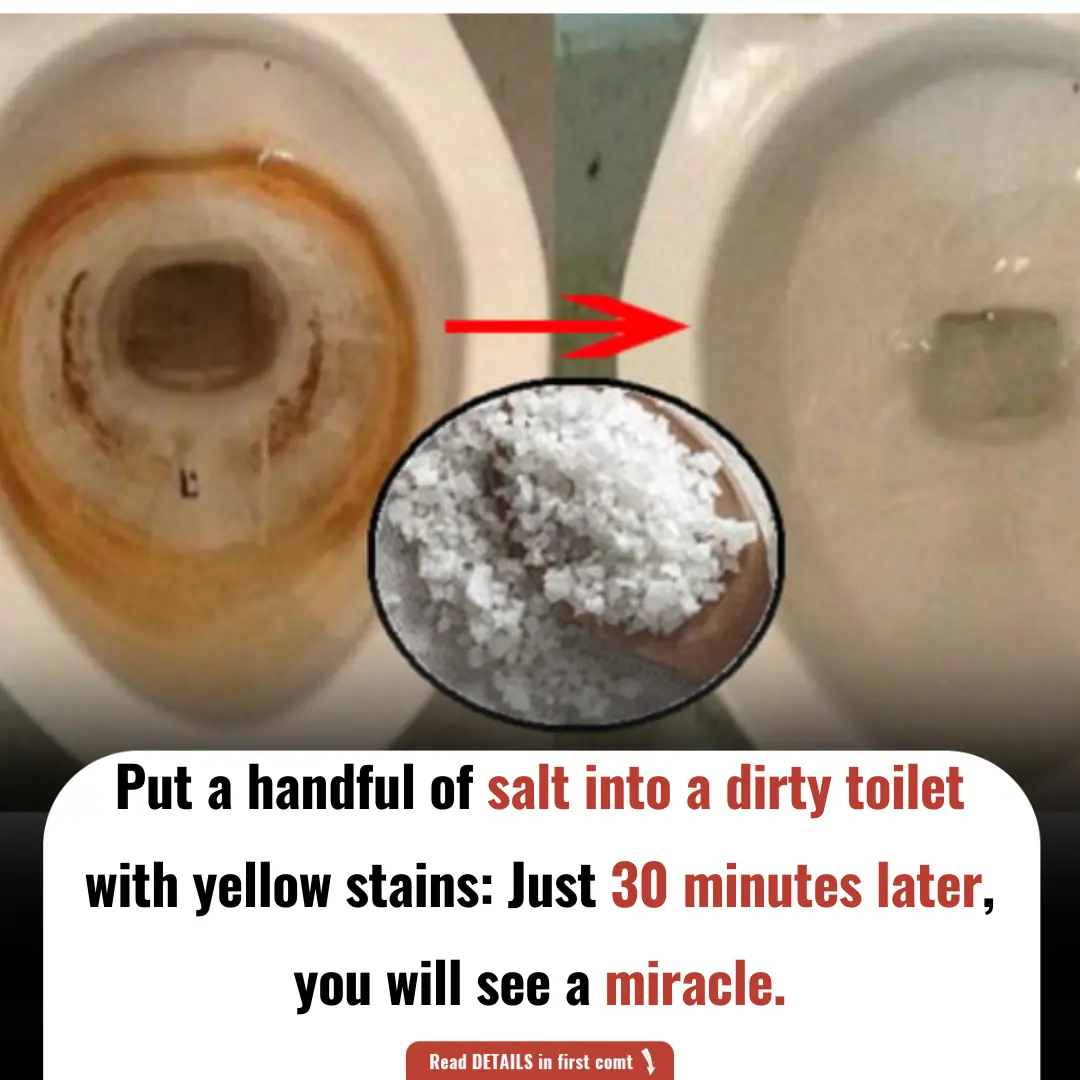
Put a handful of salt into a dirty toilet with yellow stains: Just 30 minutes later, you will see a miracle

The most correct way to give first aid for stroke at home

Cook black bean sweet soup quickly, delicious, not time consuming, save gas/electricity
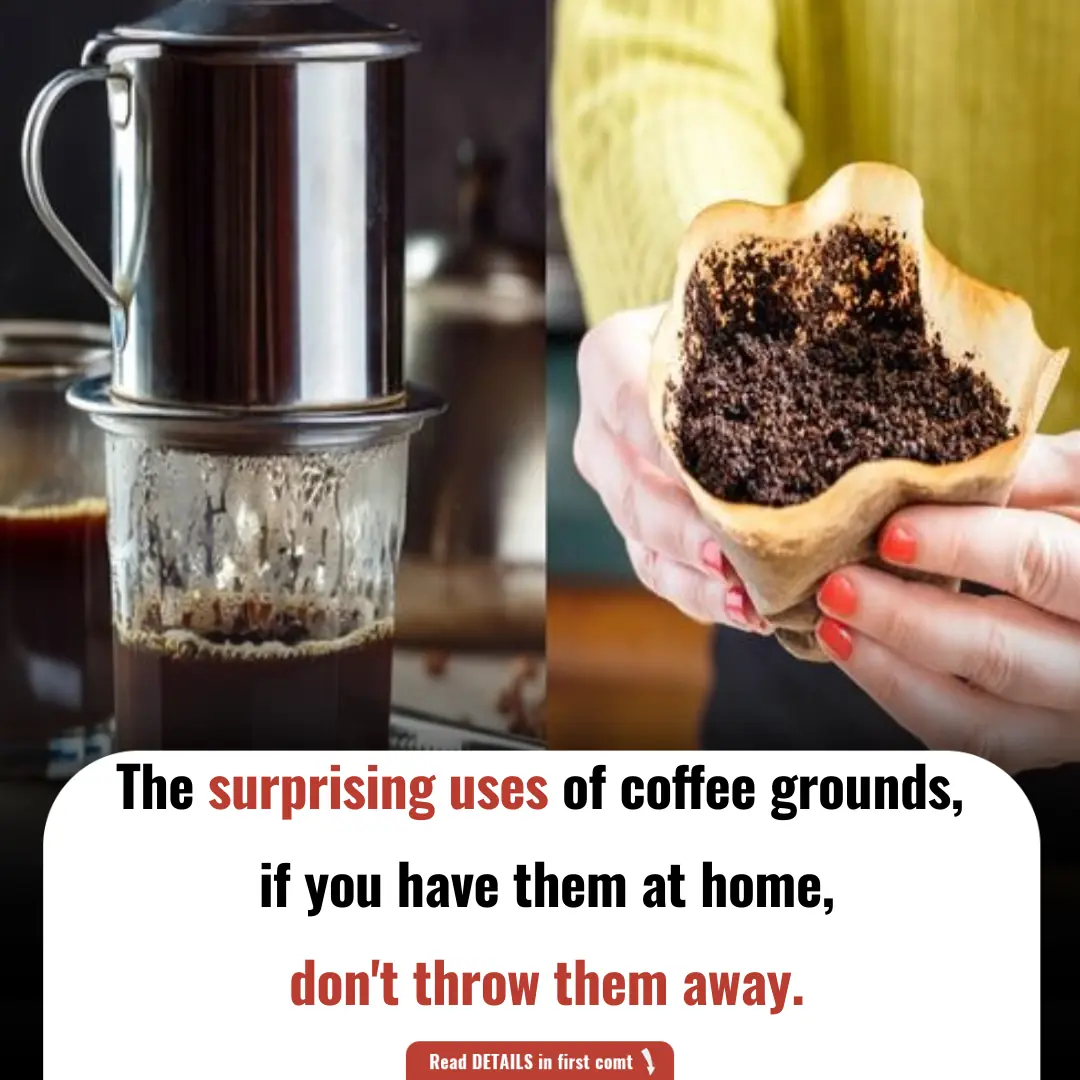
The Surprising Uses of Coffee Grounds, If You Have Them at Home, Don’t Throw Them Away
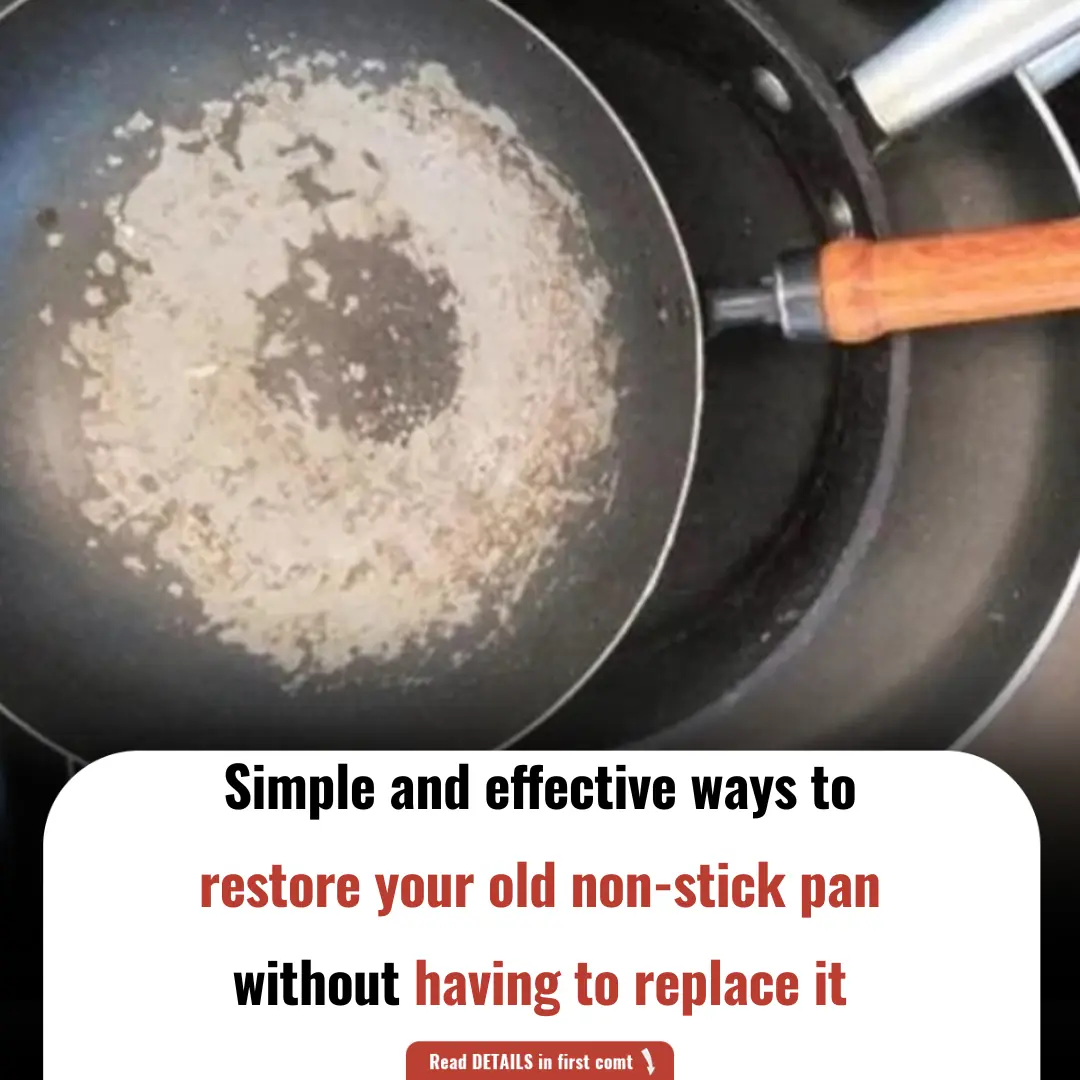
Simple and Effective Ways to Restore Your Non-Stick Pan Without Having to Replace It
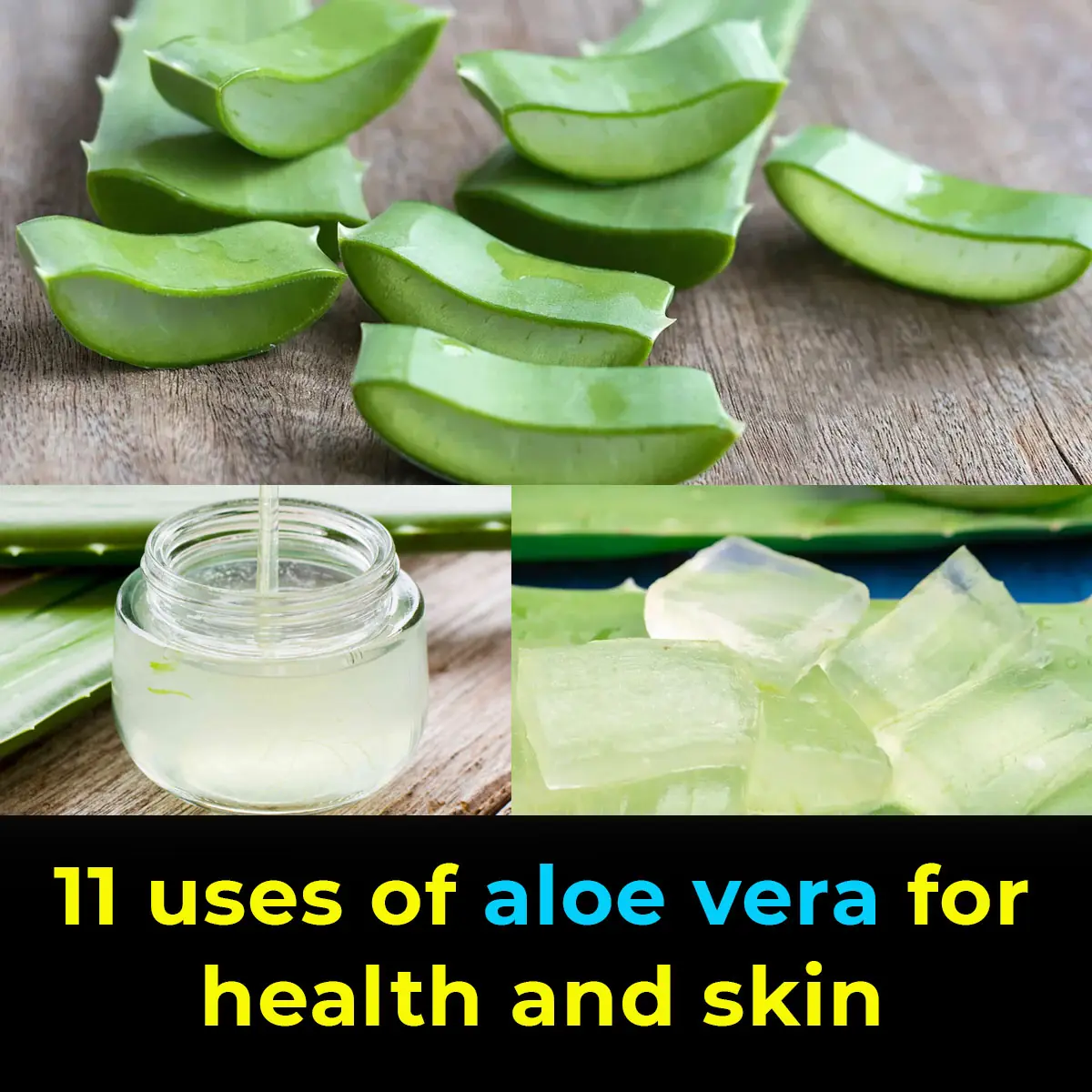
How to Use Aloe: 11 Benefits for Skin Care, Digestion and More

Snake enter the house, prevention methods and practices
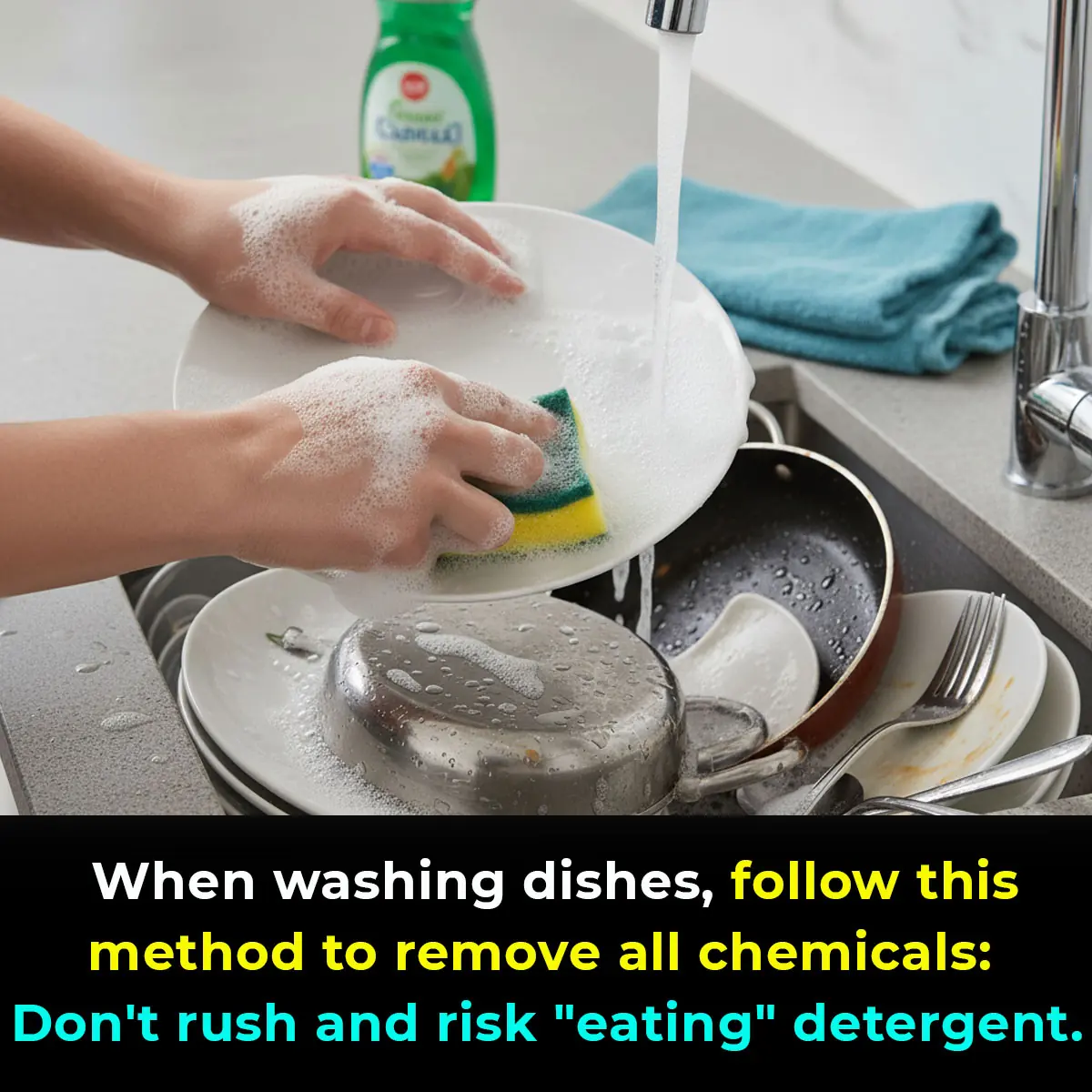
When washing dishes, follow this method to remove all chemicals: Don't rush and risk "eating" detergent.
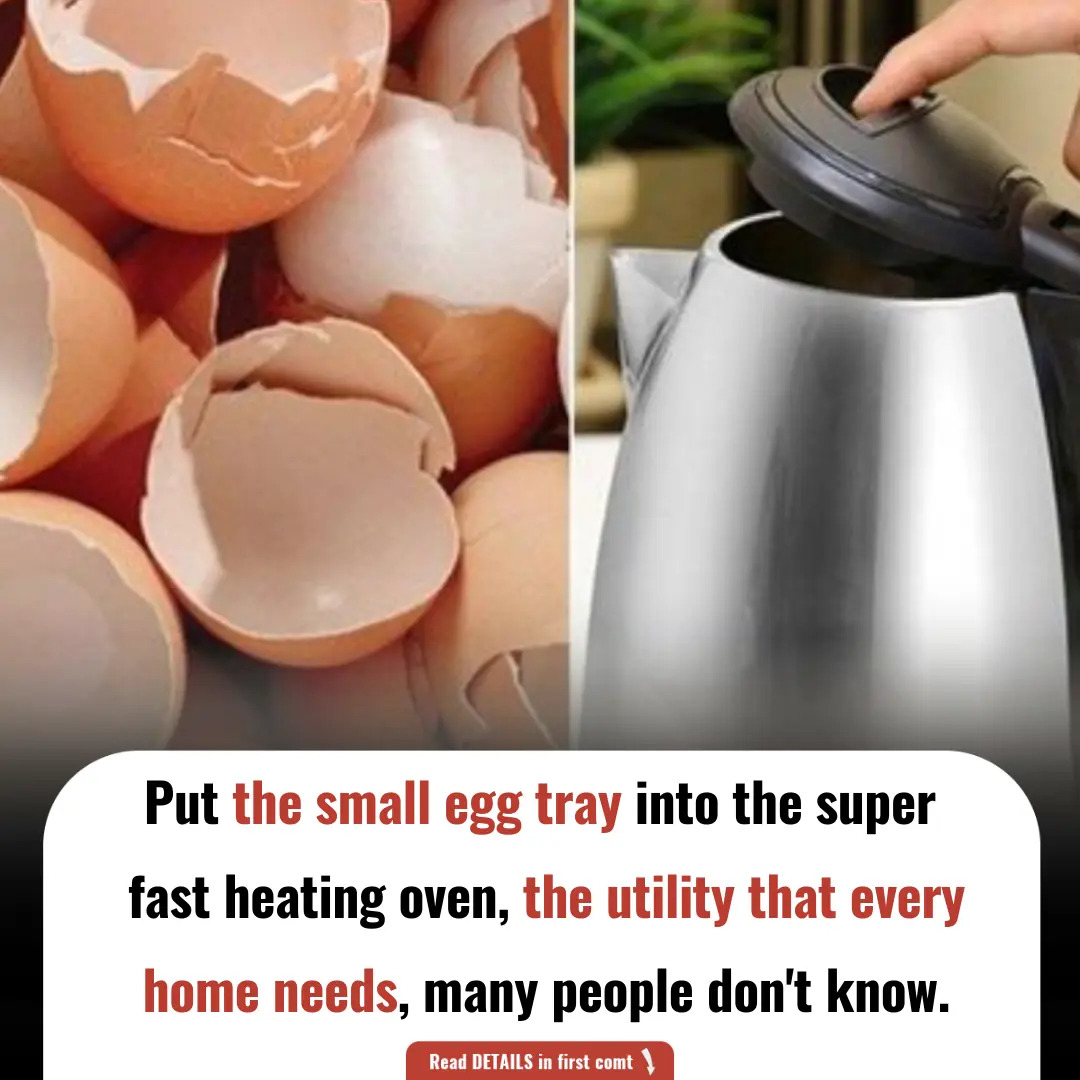
Put the Small Egg Tray into the Super Fast Heating Oven, the Utility That Every Home Needs, Many People Don't Know
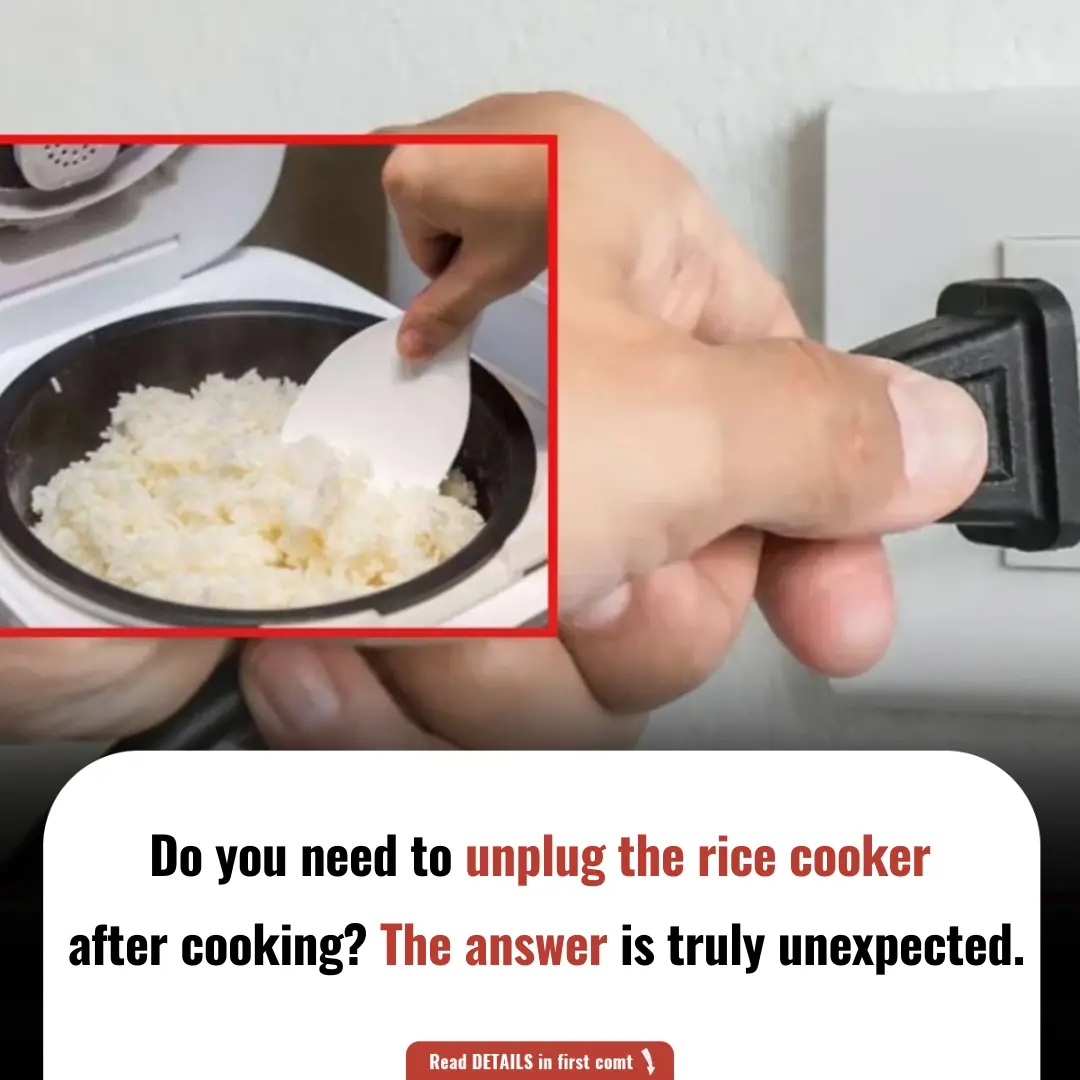
Do You Need to Unplug the Rice Cooker After Cooking? The Answer Is Truly Unexpected

Place One Garlic Clove in Each Room to Absorb All Bacteria, Viruses, and Prevent the Flu in the House
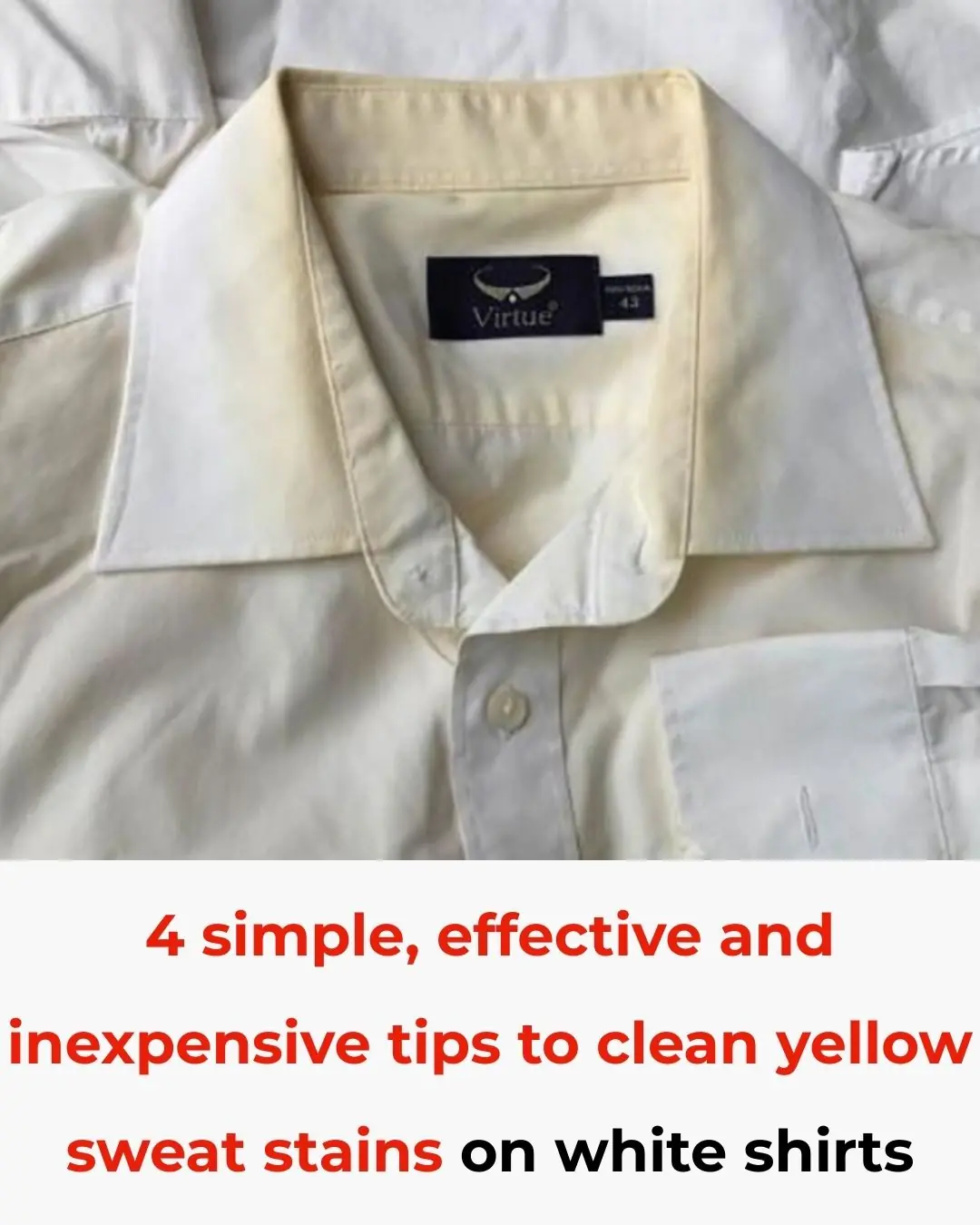
4 Easy and Cost-Free Ways to Remove Yellow Sweat Stains from White Shirts
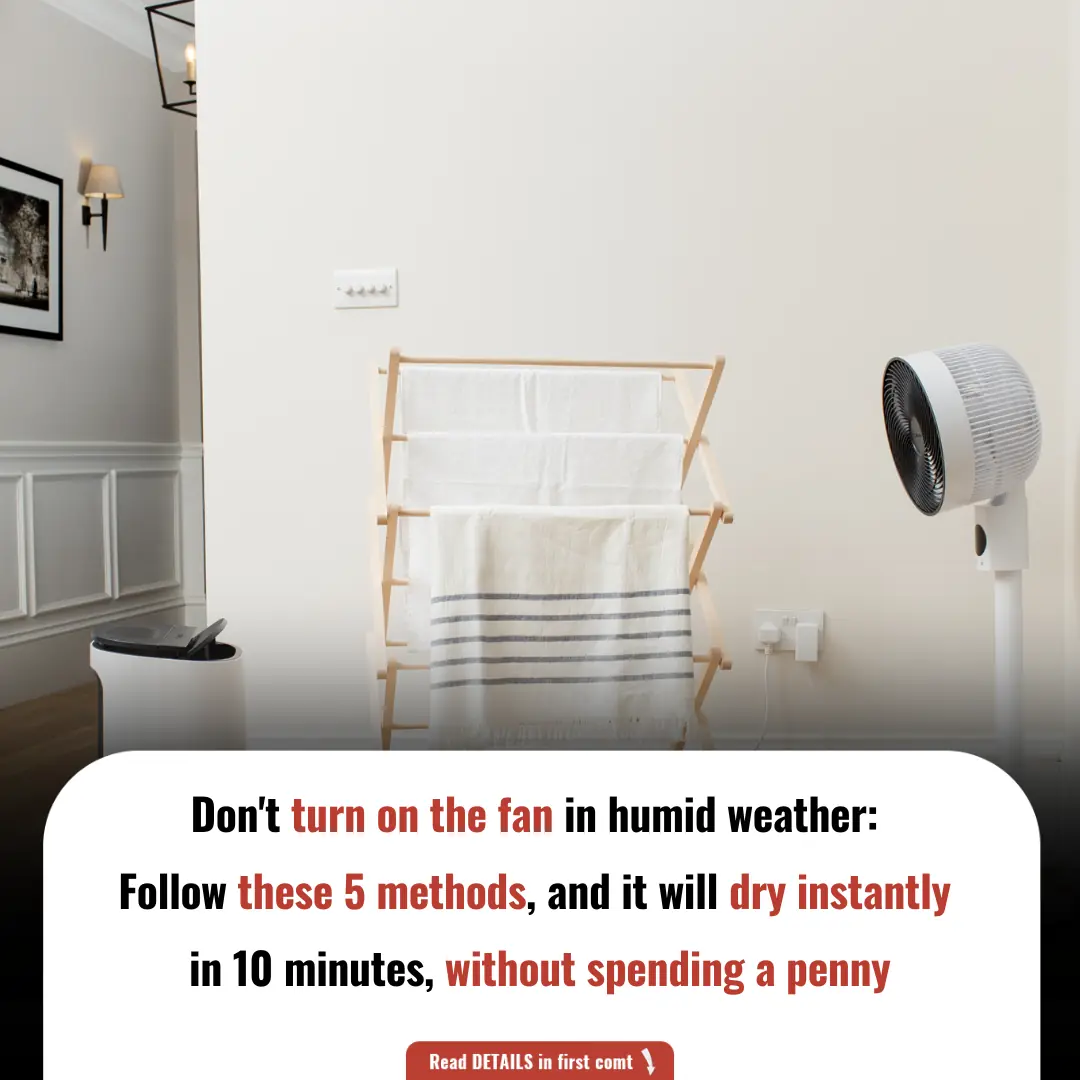
Don’t Turn on the Fan in Humid Weather: Follow These 5 Methods, and It Will Dry Instantly in 10 Minutes, Without Spending a Penny
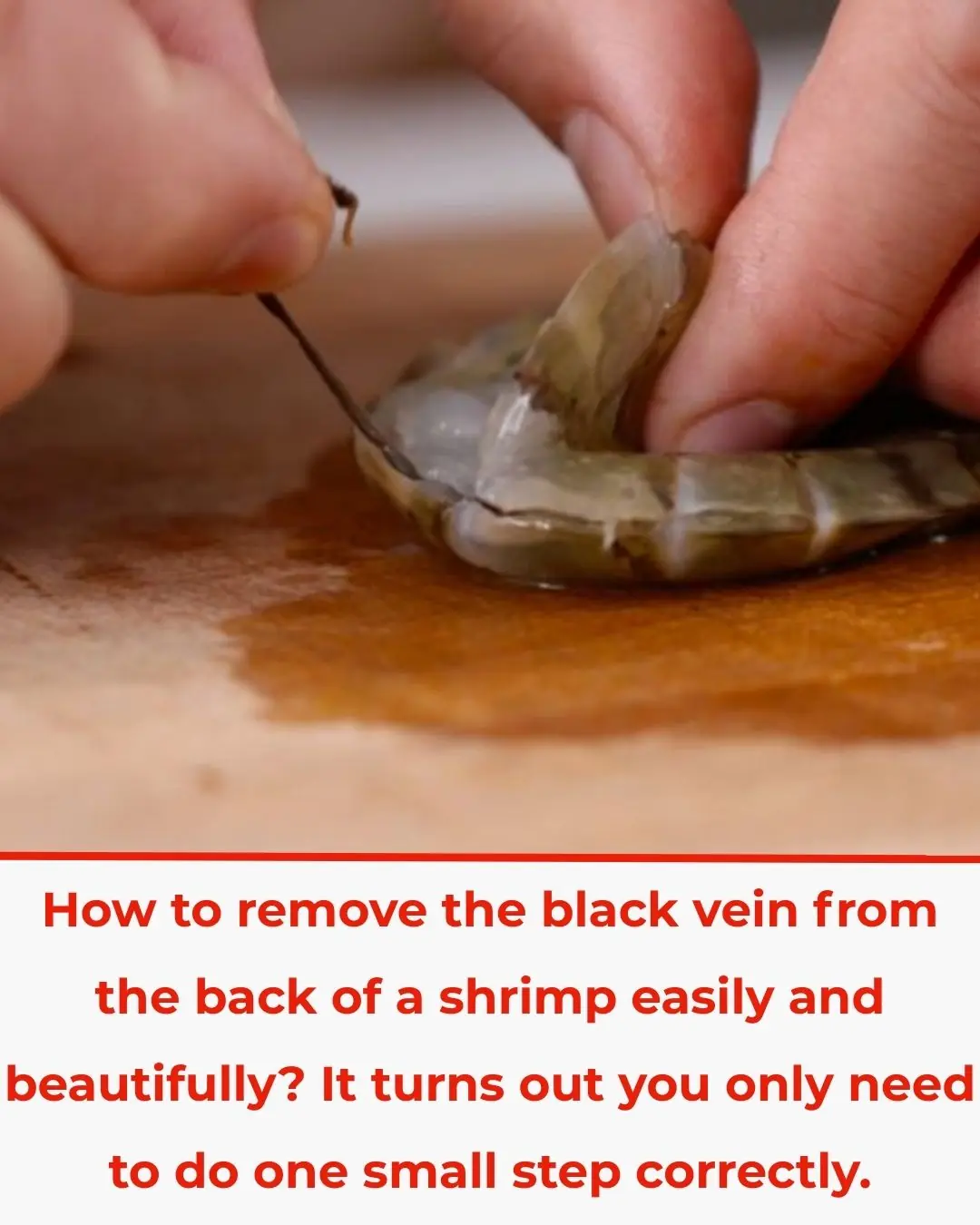
How to Easily and Neatly Devein Shrimp? Turns Out It Only Takes One Simple Step

How to Distinguish Shrimp Injected with Impurities: Easy Tips to Protect Your Health
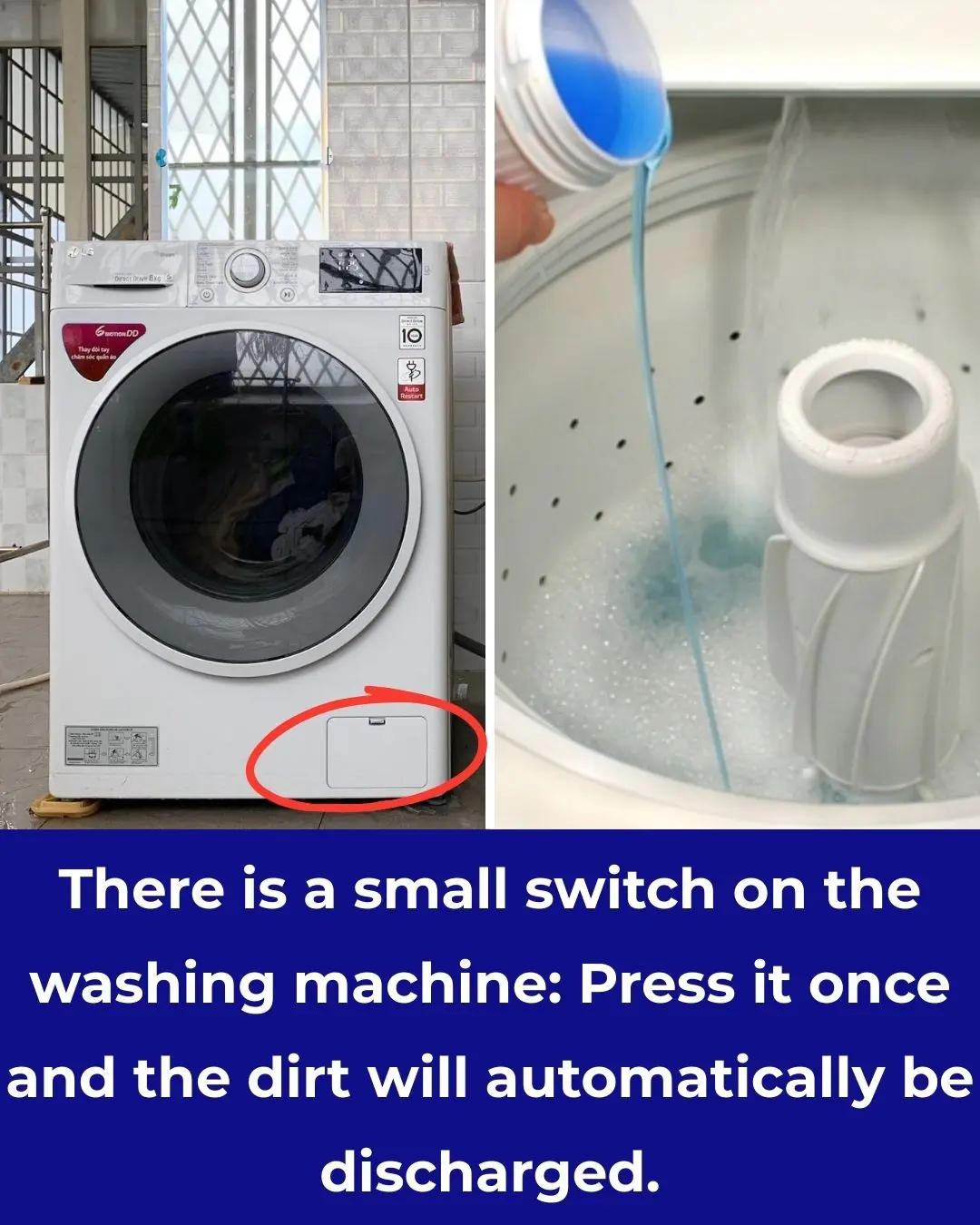
There Is a Small Switch on Your Washing Machine: Press It Once to Automatically Drain Dirty Water
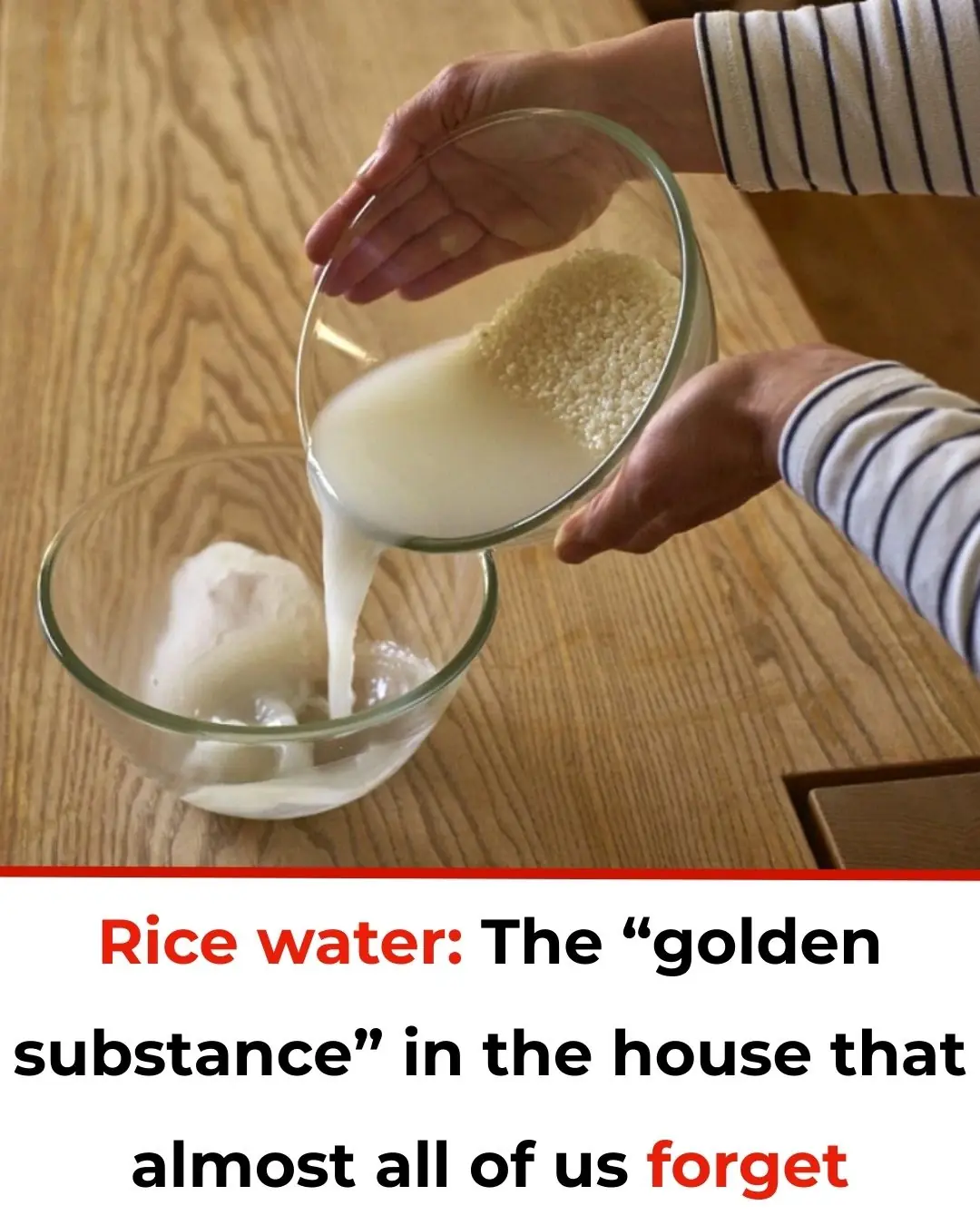
Rice Water: The “Liquid Gold” in Your Home That Most People Forget to Use
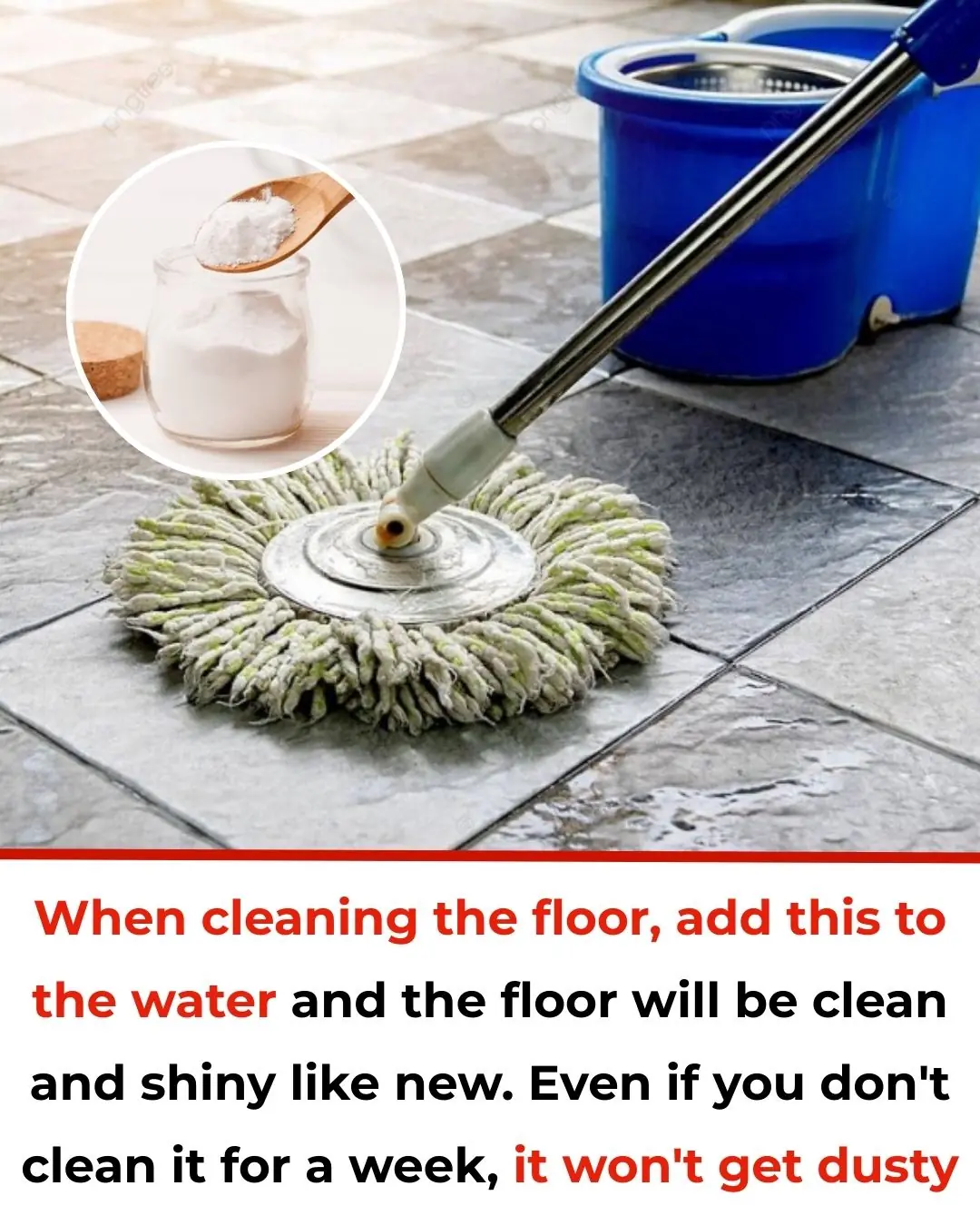
Add This Simple Ingredient When Mopping – Your Floors Will Shine Like New and Stay Clean All Week!
News Post

Experts reveal 3 ways to eliminate E. coli bacteria in water – essential knowledge to protect your family

Put a handful of salt into a dirty toilet with yellow stains: Just 30 minutes later, you will see a miracle

The most correct way to give first aid for stroke at home

Cook black bean sweet soup quickly, delicious, not time consuming, save gas/electricity

Apple insider reveals new leaks about foldable iPhone release for 2026

Experts reveal the five foods you should absolutely never freeze

The difference between the spirit of a loved one and other forces

Your Heart Emits a Magnetic Field 100x Stronger Than Your Brain – And It Can Be Detected 3 Feet Beyond Your Body

🌱 Discover Papaya Seeds: Nature’s Tiny Powerhouse for Total Wellness

3 Home Remedies to get rid of Skin Tags – Skin Tag Removal

Homemade Herbal Bath Powder For Clear Skin: Bridal Skincare Ubtan
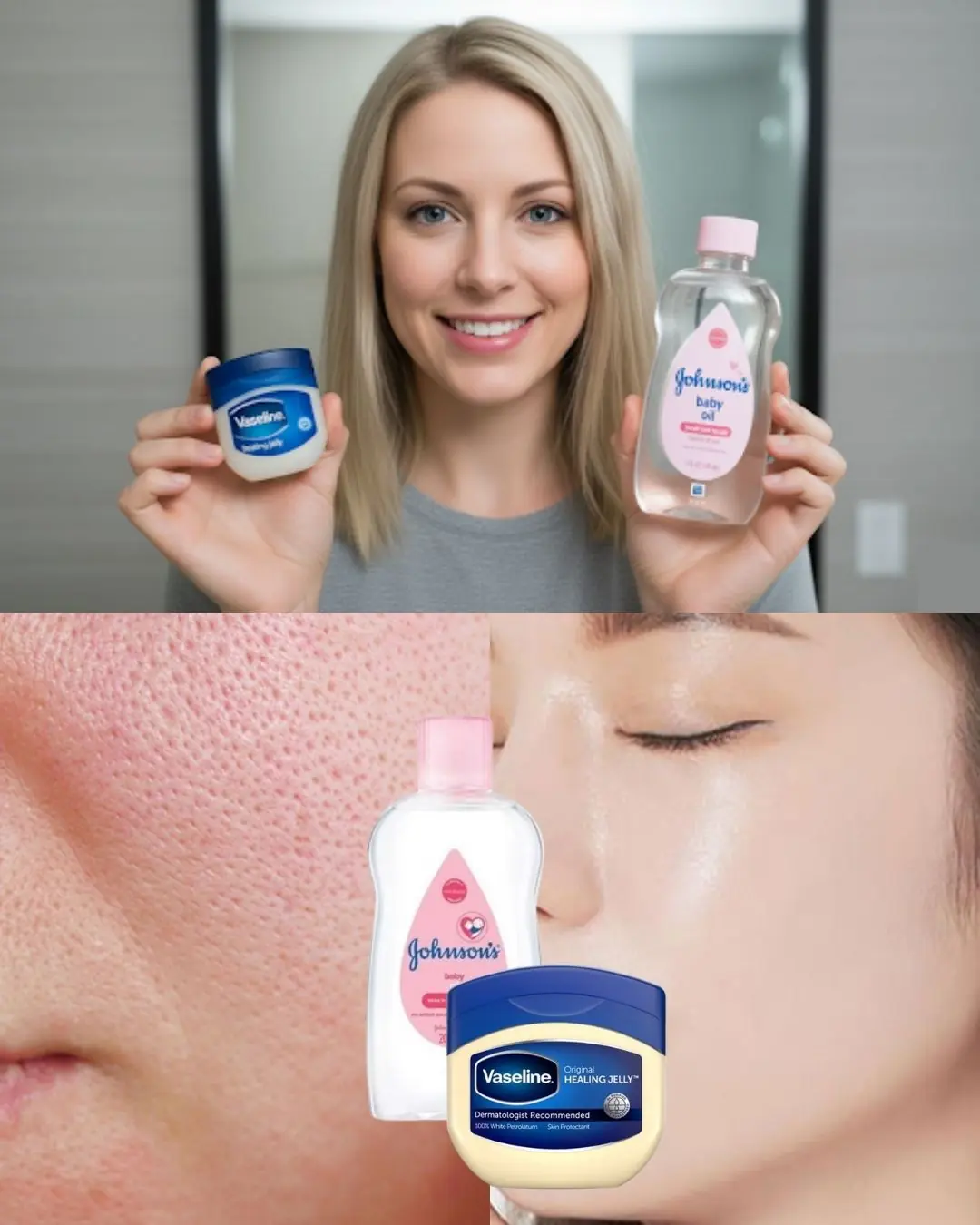
Mix Baby Oil with Vaseline: The Simple Skincare Trick for Youthful, Wrinkle-Free Skin

How Your Body Secretly Tells You You're Stressed

New Study Shows That Sitting in Silence for Only Two Hours Can Trigger Significant Growth in New Brain Cells
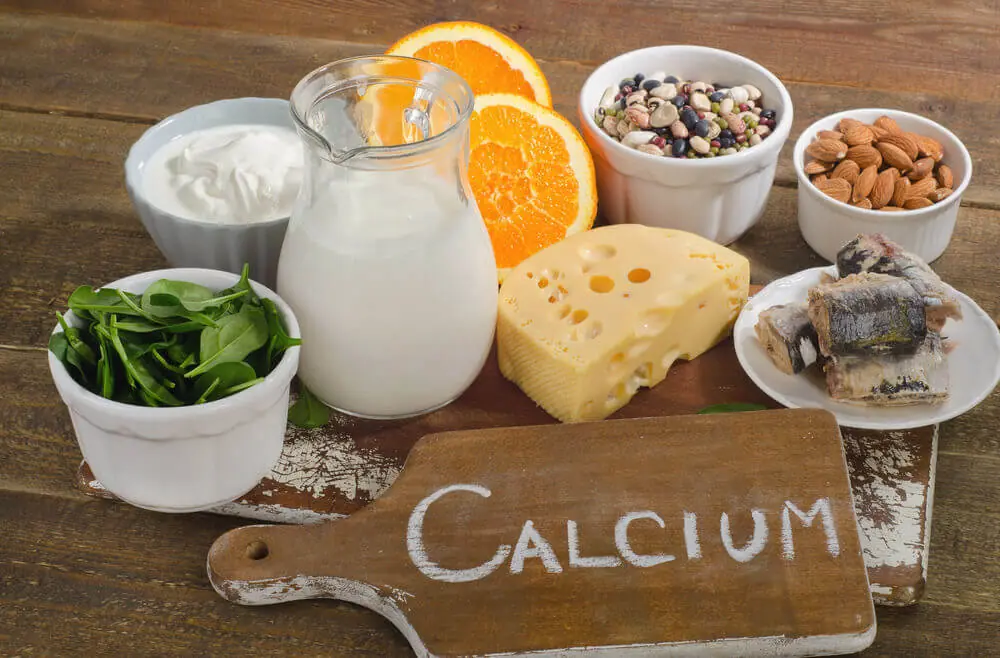
Foods That Can Quietly Drain Calcium From Your Body

Just Simply Looking at a Sick Person Is Enough to Trigger Your Immune Response, Study Shows
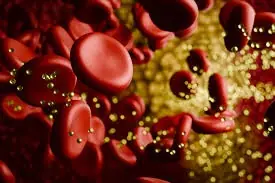
Scientists Discover an “Off Switch” for Cholesterol — And It Could Save Millions of Lives

Why Does Your Eye Twitch Randomly? An Eye Doctor Explains
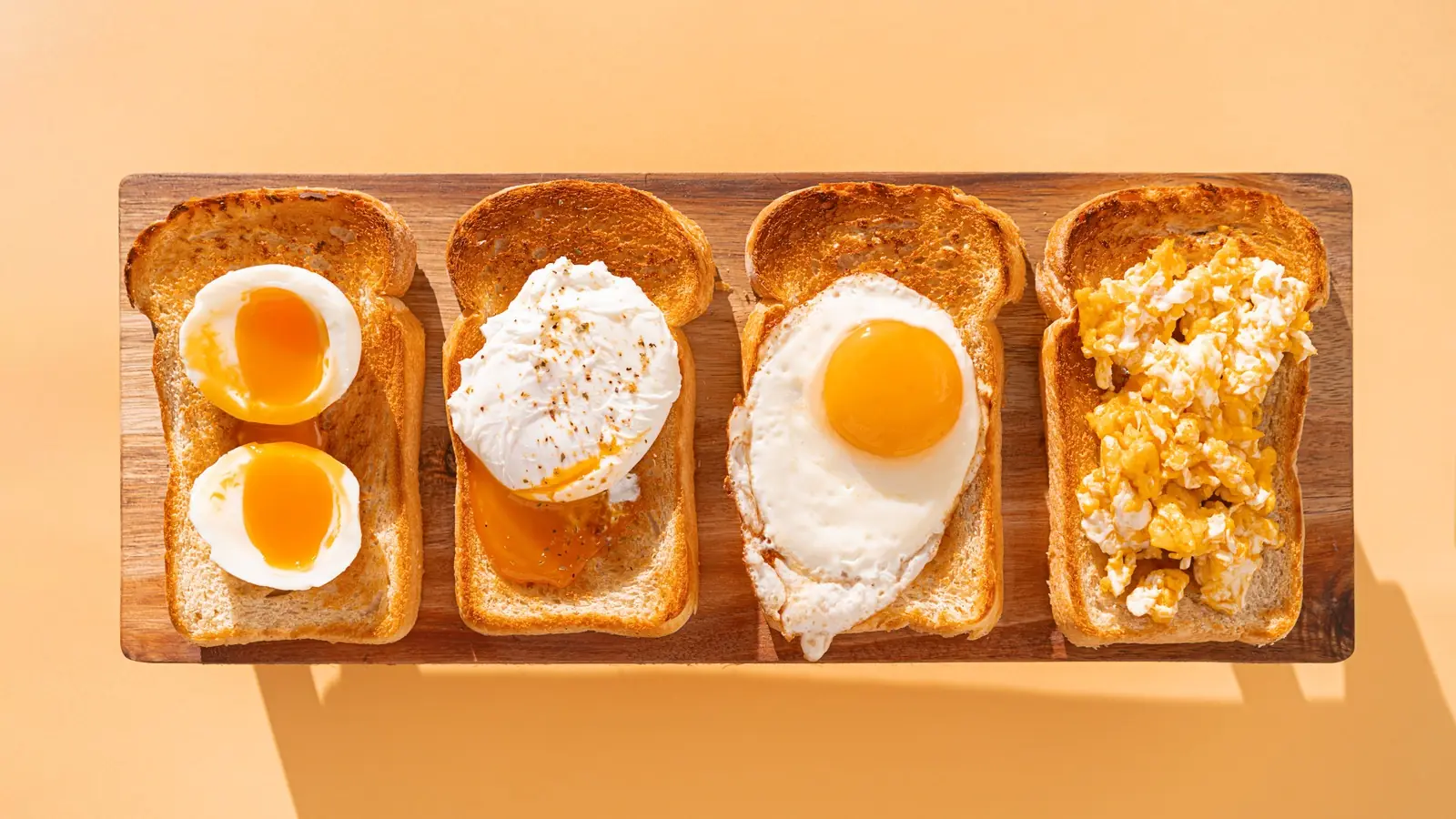
Think Twice Before Pairing: 6 Foods You Shouldn’t Eat with Eggs
